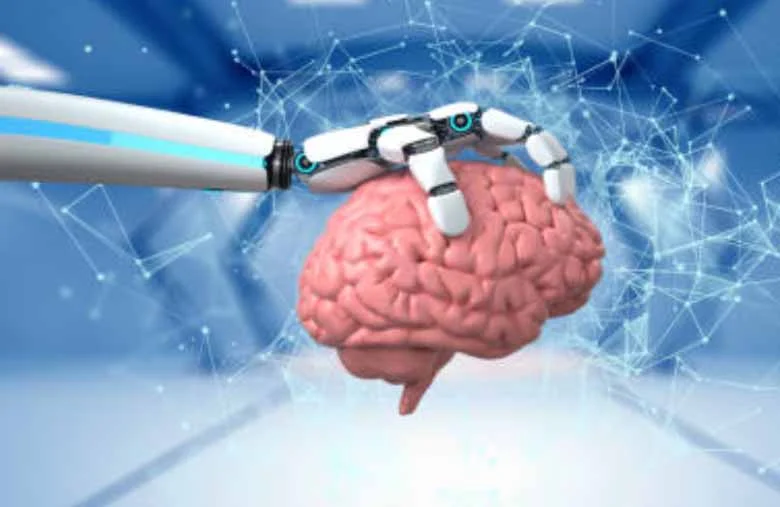The Ethical Dilemma of Robotics: Balancing Progress with Human Concerns
Robotic technologies have undoubtedly revolutionized numerous industries, enhancing productivity, efficiency, and convenience in ways previously unimaginable. From automated manufacturing processes to robotic surgical systems, these advancements have paved the way for a future filled with exciting possibilities. However, in the midst of this progress, we must confront an ethical dilemma – how do we balance the relentless pursuit of technological advancement with the concerns and well-being of humanity?
The Rise of Robotics and its Impact
Before diving into the ethical aspects, it’s important to understand the exponential growth of robotics and the transformative impact it has on society. From self-driving cars to humanoid robots, the capabilities of modern robotics continue to expand. These intelligent machines can perform complex tasks with incredible precision, freeing humans from repetitive and mundane work.
Robotics has the potential to enhance various sectors such as healthcare, transportation, manufacturing, and more. For instance, in healthcare, robotic surgical systems enable minimally invasive procedures, reducing the risk of complications and improving patient outcomes. Moreover, autonomous vehicles promise safer roads and reduced traffic congestion, revolutionizing the way we travel.
The Ethical Implications
While the positive impact of robotics is undeniable, we must address the ethical implications that arise. One of the main concerns stems from the potential displacement of human workers. As robots become more adept at tasks traditionally performed by humans, there is a risk of widespread unemployment. This raises questions about income inequality and the need for retraining programs to support workers transitioning into new roles.
Another pressing ethical concern revolves around privacy and data security. With advancements in robotics, machines are becoming increasingly capable of collecting, processing, and storing vast amounts of personal data. This raises concerns about who has access to this data, how it is utilized, and whether individuals have control over their own information.
Establishing Ethical Guidelines
To mitigate the ethical dilemmas presented by robotics, it is crucial to establish clear guidelines and regulations. Governments, researchers, and industry leaders should work together to define ethical standards that prioritize human well-being and safeguard against potential harm.
Transparency is key in the development and deployment of robots. There should be clear communication regarding the capabilities and limitations of these machines to avoid misleading expectations. Additionally, mechanisms for accountability and oversight must be put in place to ensure that robots operate within established ethical boundaries.
Addressing Human Concerns
As we navigate the future of robotics, it is vital to prioritize human concerns and well-being. This includes ensuring that advancements in robotics are harnessed to improve the quality of life for all individuals. Focus must be given to addressing social, economic, and environmental challenges, rather than solely pursuing profit and efficiency.
Investing in education and retraining programs is crucial to equip individuals with the necessary skills to thrive in an evolving job market. By anticipating the impact of robotics on employment, we can proactively prepare for the changes it brings and minimize its negative consequences.
Achieving a Balanced Future
In conclusion, the ethical dilemma of balancing progress with human concerns in robotics necessitates a thoughtful approach. To harness the full potential of robotics while mitigating the associated risks, we must establish clear ethical guidelines, prioritize human well-being, and prepare for the societal changes that lie ahead.
By addressing the displacement of human workers, safeguarding privacy and data security, and investing in education and retraining, we can steer the course of robotics towards a future that benefits all of humanity. Let us embrace the exciting possibilities that technology offers while navigating the ethical tightrope with empathy, responsibility, and a commitment to the common good.

